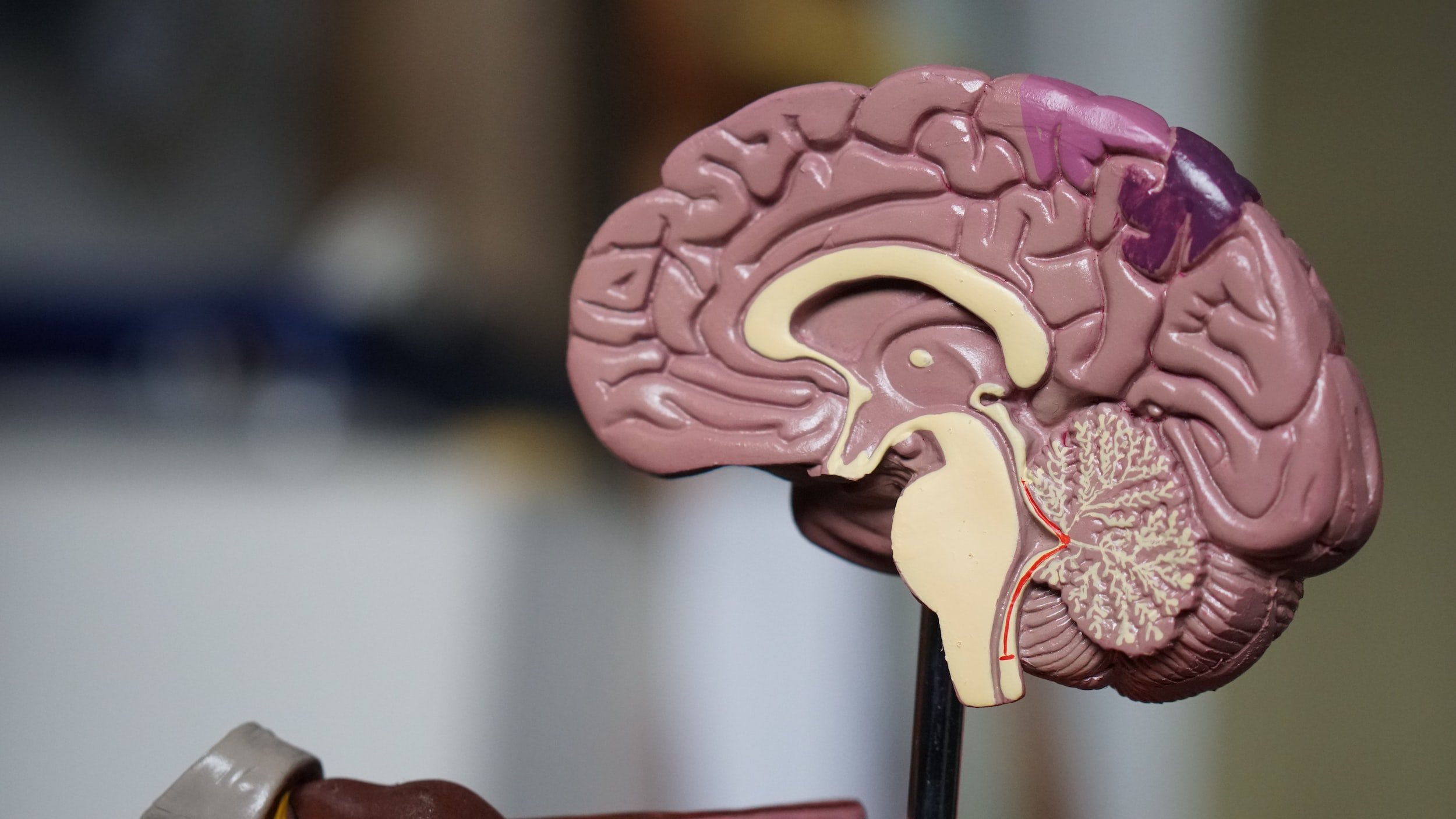How OCD Cons The Thinking Brain
Obsessive Compulsive Disorder feels like having a very persuasive bully that lives in our brains. Many times we can tell that the OCD is distinct from our core thoughts and core beliefs. We can tell that we are getting led away from our intelligent selves into a viewpoint that does not have a strong basis in logic. Why is the OCD successful in conning us and how does it do it? Here are four techniques that it uses to trick our brains.
Creating Distrust for our Instincts
Our OCD voice gains its power by undermining our true instincts. It teaches us to doubt our memory, our sense of right/wrong, our core sense of something. For example, even in a very healthy relationship, OCD can make us distrust our true love for our partner. OCD can replace a very vivid memory with a question mark. We may even lose our true north in terms of morals, religious convictions, and loyalty because OCD makes us doubt even the things that we feel most confident about.
Whataboutism
Whataboutism is a technique where you respond to a question or to a statement that you disagree with by bringing up a completely different issue that is equally problematic for the opposing party. The OCD voice is incredibly skilled in this tricky art. We may tell our OCD, “Of course my partner loves me,” to try to squash that doubting voice. The OCD may respond, “Well, what about that other person who ghosted you.” This unrelated and problematic other example is now flooding your head, and your brain has departed from the warm feelings of your current partner and you are now focused on the frustration of that completely random other incident. This diversionary trick is surprisingly effective in derailing logical thought.
Inverse Inference
This type of upside-down reasoning is a favorite of the OCD voice. In this model, the conclusion comes first and is more important than the information being gathered by the senses. For example, the conclusion may be “My partner has fallen out of love with me” and the brain then searches for any and all observations that might support this conclusion. OCD is always feeding us toxic, negative conclusions and our brains must struggle not to create inverse inferences.
Making the imaginal feel real
Magical thinking is a surprising compelling technique of the OCD voice. The more we think about something imaginary, the more real it feels. Those of us who had OCD onset as children remember the feeling of how our otherwise fun imagination suddenly turned against us and made monsters chasing us and ghosts in our walls feel fully real. With superstitious OCD, while we can articulate why lucky numbers are not logical, the amount of attention we have paid to our superstitions in our lifetimes makes them transition out of the imagination into the concrete world.
Please contact Kairos Wellness Collective if you suspect you may have OCD or a related anxiety disorder. Our experts are here to help.

